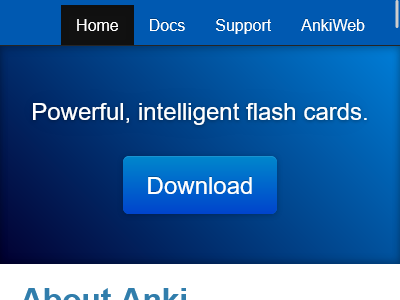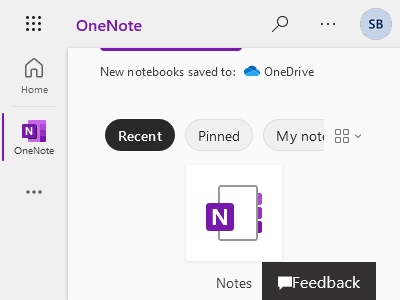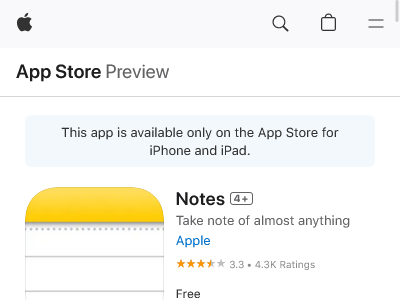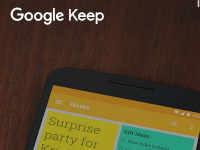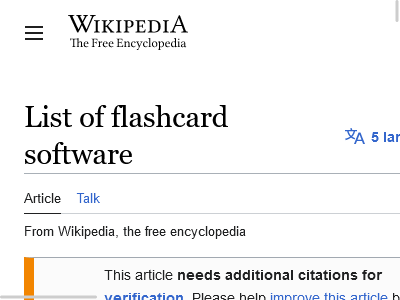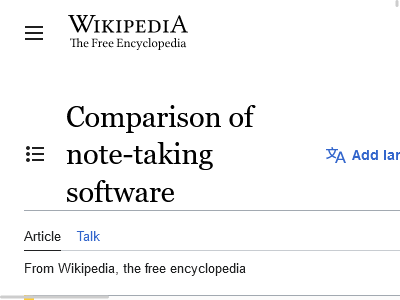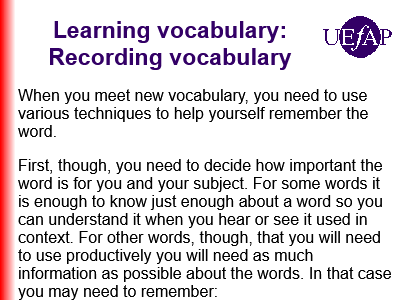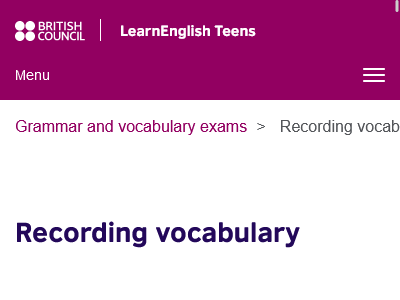Remembering vocabulary
Introduction
When you hear or read a new word, you could do one of 3 things:
- Do nothing
- Write it down somewhere and forget about it
- Record it where you can easily find it later
Option 3 is best! The ideal place to record new words is either on flash cards or in a vocabulary notebook. These can be paper-based or on your laptop/phone.
Flash cards are useful if you want to memorize hundreds of new words very quickly.
A vocabulary notebook is useful if you want to know how to use a word—not just its meaning, but its pronunciation, part of speech, collocations, etc.
Flash cards
A flash card is a card (or a piece of paper) with a question on one side and the answer on the other side:
Using flash cards
Make some flash cards. Write questions on one side and answers on the other side.
Pick up a card. Look at the question, try to think of the answer, then turn over the card to see if you were right.
If you got the answer right, put the card down, starting a pile on your right. If you got the answer wrong, start a pile on your left.
Do the same with all the other cards.
You will now have a pile of cards which you got right (on your right) and a pile of cards which you got wrong (on your left):

When you have finished, move the Right pile out of the way. Pick up the Wrong pile and go through the cards in that pile again, creating a new Right pile and a new Wrong pile.
Then do the same with the new Wrong pile and keep doing this until there are no Wrong cards left - in other words, you have answered all the questions correctly.
Do this with all of the cards at least once a day.
When you are sure you know the answers to certain questions, remove those cards from the pack (or deck). Put them aside and only look at them after a longer period - perhaps a week or a month.
Remembering vocabulary with flash cards
To learn English vocabulary, write the English word or phrase on the answer side of the card. On the question side, write a translation into your first language.
For example, an Indonesian student might make this card:
She looks at the Indonesian word (berdekatan) and tries to think of the English equivalent (adjacent).
Important: Don’t look at the English word first! Look at the word in your language and try to remember the English word.
You can also put phrases, definitions and other information on the cards, if you want:
Flash card apps
You can use flash cards on your laptop or phone. There are several apps.
Anki uses a technique called spaced repetition: newer and harder cards are shown more often, while older and easier cards are shown less often. It costs £24.99 for iPhone/iPad but is free for Android/Windows/Mac. There is also a free web version.
Another popular app is Quizlet.
You can either make your own flash cards or use cards that other people have already made. For example, Anki has many decks of cards for learning English vocabulary, with translations into various languages.
Notebooks

Language learners often make notes of new words and phrases. There are two things to consider:
- What sort of notes should I make?
- How should I organize my notebook?
What sort of notes should I make?
The simplest note is a word and its translation. For example, an English word and its Indonesian translation:
permeate = meresap
However, this does not tell you very much about the word. You could add some information:
permeate (verb, transitive, formal) = meresap
You could include the pronunciation, a definition and some examples:
permeate /ˈpɜːmieɪt/ (verb, transitive, formal) = spread through = meresap
The acrid smell of smoke permeated much of Turkey’s disaster zone.
Madonna mentioned the ‘ageism and misogyny that permeates the world we live in’.
You could also include collocations—words often used with permeate, such as smell and society—and synonyms: words with similar meanings, such as pervade and saturate.
How should I organize my notebook?
You could just put today’s notes after yesterday’s notes, so they will be arranged by date. But this will make them harder to find and use. It is probably better to organize them another way.
You could group your notes by subject. For example:
- Business (cash flow, redundancy)
- Marketing (brand awareness, consumer)
- Social science (gender, critical theory)
- General academic (distinction, critique)
- Everyday (pancake, grumpy)
You could have sections for functions. For example:
- Similarity (likewise, similarly)
- Contrast (whereas, on the contrary)
- Cause and effect (consequently, due to)
You could have sections for types of collocation. For example:
- Verb + noun (drive a car, investigate allegations)
- Adjective + noun (digital media, usable space)
- Verb + adverb (coexist peacefully, aim carefully)
- Adverb + adjective (intrinsically evil, endlessly repetitive)
You could also arrange your notes alphabetically or by part of speech (nouns, verbs, adjectives, etc.).
Software
There are numerous apps that you can use to record vocabulary, such as OneNote and (Apple) Notes.
